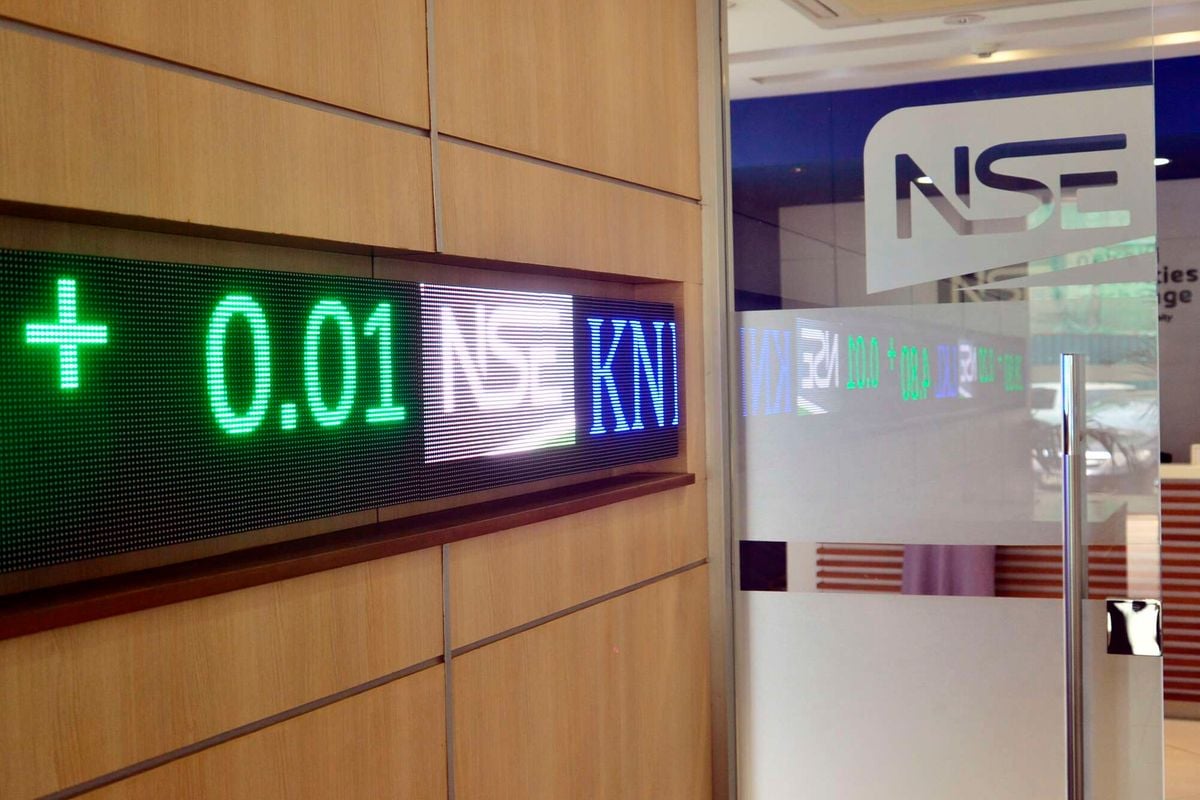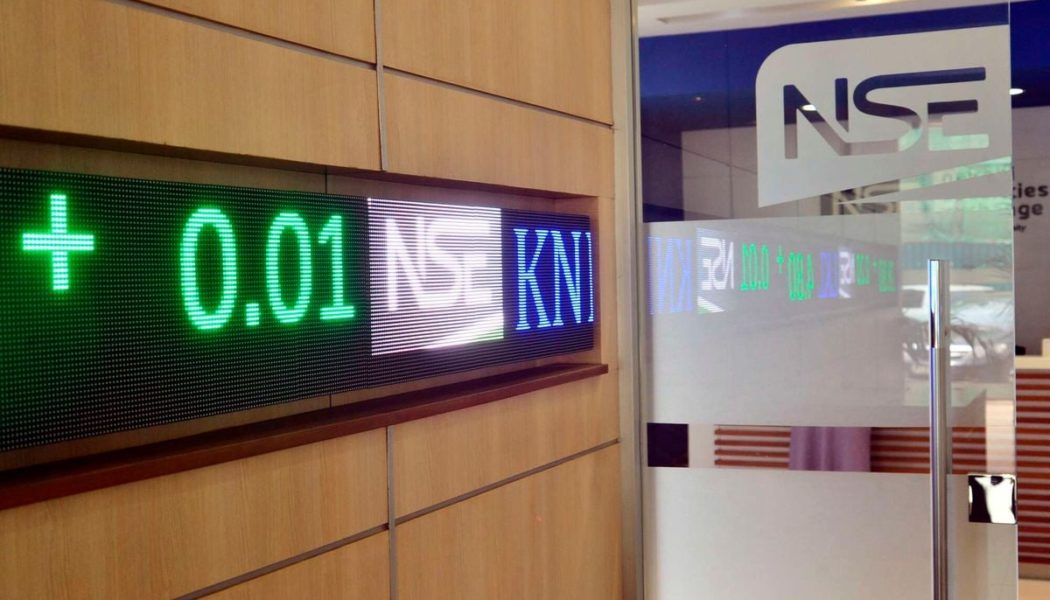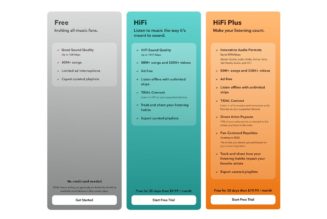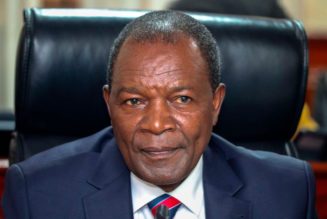
About 97.5 percent or 1.5 million accounts used for the trading of securities including shares at the Nairobi Securities Exchange (NSE) are inactive, revealing the apathy among retail investors who entered the market during the 2000s initial public offering (IPO) boom.
Only 38,594 of the 1,555,073 share accounts participated in trading last year, representing a 2.48 percent share according to data from the Central Depository and Settlement Corporation (CDSC).
The active accounts stood at 43,269 accounts in 2022 and dropped to 29,405 so far this year.
Reduced participation of retail investors is the product of the high-level speculation that dominates their investment decisions.
This has seen investors stay away from trading in a market that has failed to attract fresh listings and is plagued by a pronged bear run where falling prices have discouraged speculators.
The CDSC previously froze accounts that had been inactive for over two years, barring them from trading or receiving dividends unless the owners applied for reactivation.
“However, following subsequent security upgrades to the Central Depository System (CDS) and continuous enhancement by the CDSC to safeguard investor assets it was no longer necessary to mark accounts dormant,” the CDSC told the Business Daily.
Reduced participation of retail investors is the product of the high-level speculation that dominates their investment decisions.
Stacy Makau, a research analyst with the AIB-AXYS Africa stock brokerage, reckons the bulk of dormant accounts were opened in the 2000s when Kenya witnessed a flurry of IPOs, including the listing of Safaricom, Equity Bank and Cooperative Bank.
“We’ve been placing calls to our dormant accounts, and we have established that most people are not aware that they have a trading account. These are accounts opened a long time ago during the IPOs era,” she noted.
“Investor knowledge is also not as wide and many do not know the performance of the stocks they are holding,” she added.
Most of the inactive accounts came into the market through the heavily oversubscribed KenGen and Safaricom IPOs of 2006 and 2008 respectively, which introduced to the Nairobi bourse over one million new investors.
The NSE has in the past decade been bit by an IPO drought, with the last public offer being Stanlib Fahari real estate investment trust in October 2015. Homeboyz Entertainment Plc came to the market through introduction in December 2020.
Besides lack of fresh listings, the NSE has witnessed delistings and suspensions of top firms, including ARM Cement, Mumias Sugar, ARM Cement, Kenya Airways and KenolKobil.
The lack of new listings has been worsened by falling stock prices at the NSE in a bearish run that has persisted for most of the past decade.
The NSE market capitalisation closed at a decade-low of Sh1.439 trillion at the end of 2023, with the NSE-20 share index at 1,501.16 points. The index in 2014 hit an all-time high of 5,112.65 points when the market capitalisation stood at Sh2.3 trillion.
Foreign investor outflows have also added to the market slowdown as selloffs surpassed buys over the past seven consecutive years since 2017.
Foreign investors have a big influence on the performance of the NSE given local high-net worth investors buy with a long-term view, leaving overseas dealers to dominate daily trading. The NSE has witnessed a shift this year, with inflows from foreigners exceeding outflows, partly triggering a recovery in the market. Market capitalisation rose to Sh1.652 trillion from Sh1.439 trillion at the start of the year.
Kenya Association of Stockbrokers and Investment Banks (KASIB) chief executive officer Willie Njoroge linked the apathy among retail investors to the IPO drought.
“Local investors actively participate in new issuances like IPOs and therefore the drought of new entities coming to list in the primary market has resulted in depressed activity by the investors,” said Mr Njoroge.
“Secondly, many local investors prefer to buy and hold for the long term to benefit from dividend payments and the capital gain appreciation. This is not a bad strategy and in as much as those accounts may appear to be dormant, the investors actively receive their dividend payments.”
The CDSC seeks to grow the share of active accounts to above three percent in 2025.
It also seeks to grow the number of trading accounts by between five and 10 percent each year by boosting its self-service on the back of technology, notably mobile and online platforms.
Editor’s Note: This story and headline have been revised to remove the incorrect statements that 1.5 million idle share accounts at the Nairobi Securities Exchange have been frozen. The idle accounts are no longer frozen following the revocation of rules guiding dormant accounts in November 2022.We regret the omission and any inconvenience caused.









